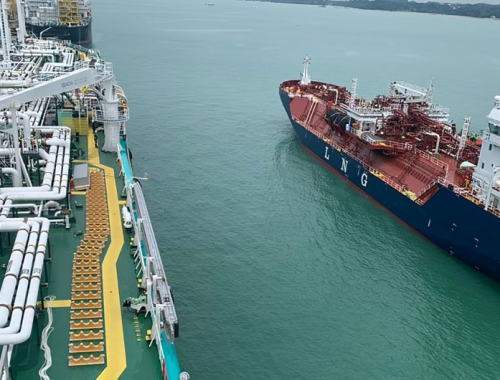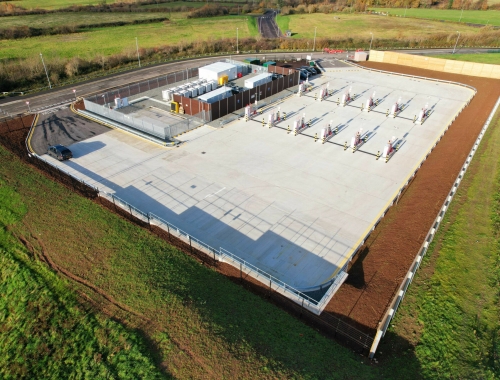Shell exit at Cambo "huge blow" for UK North Sea: Gneiss
SUMMARY
Gneiss warned that the decision could worsen the UK's emissions.
By Joseph MurphyShell's decision not to take part in the Cambo oil and gas field in UK waters west of the Shetland Islands is a "huge blow" for the UK North Sea, Edinburgh-based consultancy Gneiss Energy said on December 3.
Shell pulled out from the project operated by Siccar Point Energy citing insufficient economics, but the decision comes after months of intense scrutiny over the project's environmental impact.
"Whilst making a case that it was an economic decision, it does seem more likely to many external observers that Shell has bowed to political and societal pressure, particularly from those who have used the development decision on Cambo as a watershed moment for the debate in the UK North Sea," a Gneiss spokesperson said.
Siccar Point is waiting for government approval to develop Cambo under a first stage that will target some 175mn barrels of oil and over 50bn ft3 of gas.
"Some will celebrate what could be presented as an oil company starting to follow through with its climate pledges but from a UK perspective, there will be questions about jobs and the climate footprint of non-domestic production," the Gneiss spokesperson said. "This will be increasingly needed if new projects struggle to get support and may worsen the UK’s overall carbon position."
The consultancy noted that imported LNG, for example, had a carbon footprint intensity five times greater than that of gas produced in the UK south North Sea.
"The debate around energy policy is clearly complex and today's decision may only further polarise viewpoints," the Gneiss representative said.
UK upstream association OGUK recently warned that domestic oil and gas development would need to continue for the country to avoid a 75% fall in output by 2030, which would result in more imports as demand is not projected to decline at the same rate. These imports can cost more and result in higher emissions owing to greater transport distances.







